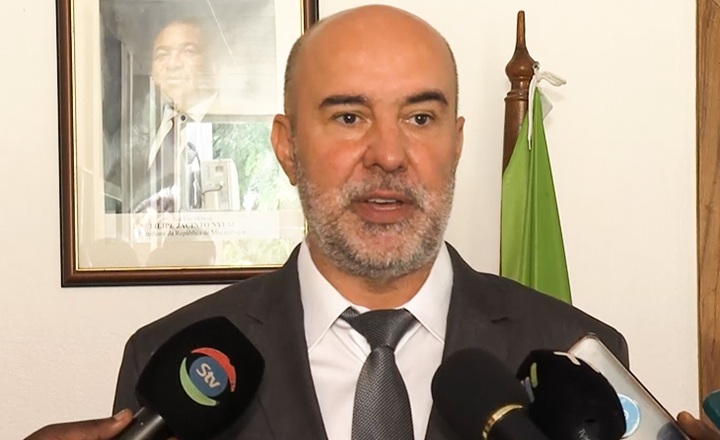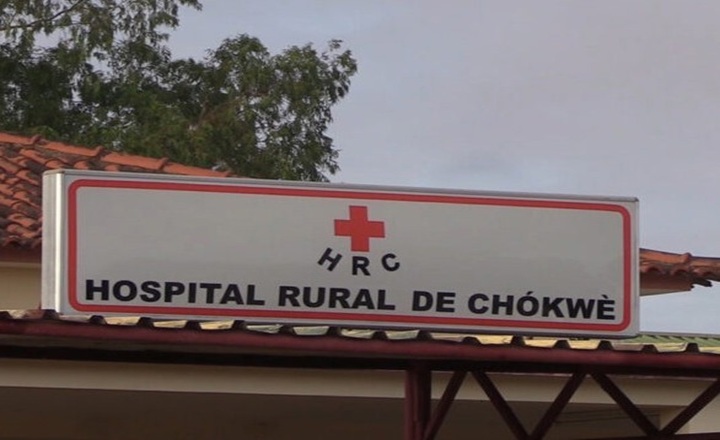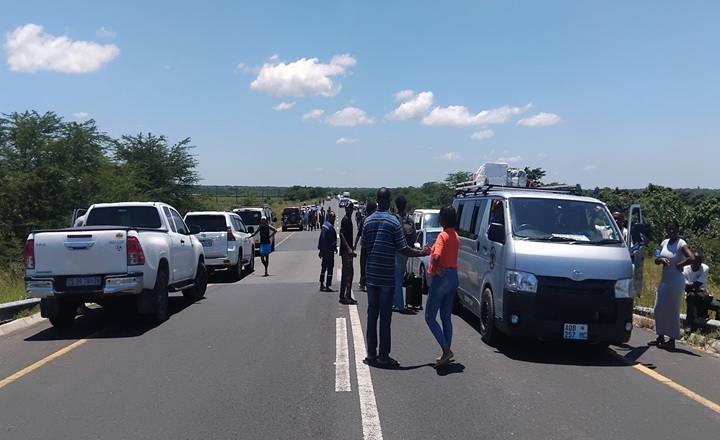
Cooperation between Municipalities: The Need for a New Agreement

Last Monday, Ferreira announced that the loan period for the trucks used to collect rubbish in Maputo had come to an end. This information is crucial, as it directly impacts the operation of essential services for the population of the capital.
The recent statement by João Ferreira, president of the National Association of Municipalities, about the termination of the loan of garbage collection trucks to the city of Maputo, raises crucial questions about waste management and collaboration between municipalities in Mozambique. This issue is especially relevant in a context where efficient waste collection is vital for public health and the quality of life of citizens.
Waste collection trucks play a vital role in maintaining urban cleanliness. With the end of the loan period, Maputo faces the challenge of ensuring the continuity of collection services, while Chimoio, which has been using these vehicles, needs to assess its own operational needs. The situation reflects the difficulties faced by many municipalities in Mozambique, where resources and infrastructure are often limited.
João Ferreira, in his statement, not only informed about the end of the loan, but also suggested that if Rasaque Manhique still needs the trucks, it will be necessary to negotiate a new agreement. This proposal indicates a willingness to collaborate and seek solutions that meet the needs of both cities. Ferreira emphasized the importance of an open and constructive dialogue, which can result in an understanding that benefits both Maputo and Chimoio.
Ferreira’s suggestion highlights the importance of inter-municipal agreements in the management of public services. In a country where many municipalities face similar challenges, cooperation can be a viable solution to optimize resources and improve the efficiency of services. Negotiating agreements allows cities to share resources, knowledge and best practices, creating a more collaborative and sustainable environment.
The continued operation of Chimoio’s trucks in Maputo is not just an administrative issue; it has a direct impact on the lives of citizens. Efficient waste collection is essential to prevent public health problems such as the spread of disease and environmental degradation. Therefore, the ability to negotiate and reach an agreement is crucial to ensure that waste collection services are maintained without interruption.
The situation involving the loan of garbage collection trucks between Maputo and Chimoio is a clear example of the complexity of municipal management in Mozambique. João Ferreira’s willingness to seek a new agreement reflects a proactive and collaborative approach, which is essential to address the challenges that municipalities face. As the situation develops, it will be crucial to monitor the negotiations and the solutions that emerge, ensuring that the needs of the population are met effectively and sustainably. Continuous communication and collaboration between municipalities will be key to the success of this initiative.
Outras noticias

Society
19-year-old woman arrested for kidnapping newborns at Chókwe Rural Hospital
2026-01-08

Society
Tension in Salamanga: Conflict between the Community and Rangers of the Maputo Reserve
2026-01-08

policy
YELLOW CARD NO. 1 OF THE YEAR: BETWEEN PROMISES, POPULISM AND THE URGENCY OF NATIONAL PRIORITIES
2026-01-08

policy
YELLOW CARD FOR THE FIRST PRESIDENTIAL REPORT: NARRATIVE ARROGANCE, SYSTEMIC CONTINUITY, AND THE WASTE OF A FIRST YEAR OF HOPE
2025-12-25

Society
Intaka-Boquisso road floods after inauguration, leaving residents outraged
2025-12-25
Copyright Jornal Preto e Branco All rights reserved . 2025